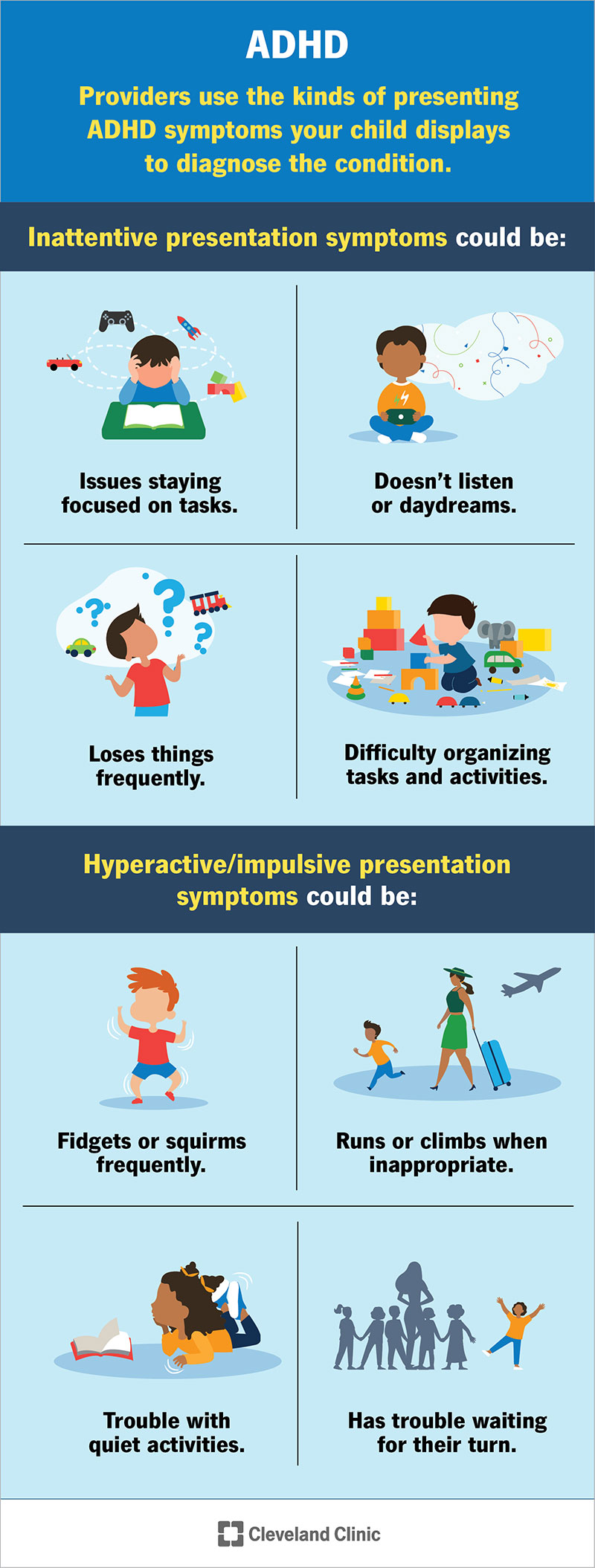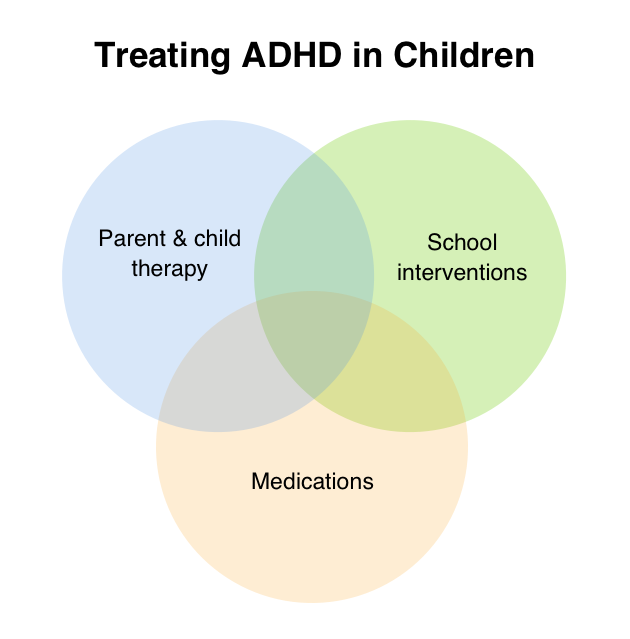Medication Management Support for Optimized Treatment Plans
Medication Management Support for Optimized Treatment Plans
Blog Article
The Benefits of Individualized ADHD Therapy Prepare For Better Results
The execution of personalized ADHD therapy strategies has arised as a critical approach in enhancing therapeutic results for individuals influenced by this problem (ADHD treatment). By recognizing the unique manifestations of ADHD in each person, these customized treatments advertise greater engagement and inspiration, inevitably leading to more efficient coping techniques.
Understanding ADHD Variability
Although Attention-Deficit/Hyperactivity Condition (ADHD) is often regarded as a singular condition, its manifestations can vary dramatically among people. Gender differences also play a duty, as males are much more often detected with ADHD and typically present much more obvious signs and symptoms, whereas females may provide with much less noticeable inattentiveness.
Additionally, people with ADHD might experience a range of psychological and behavior challenges, such as stress and anxiety or opposite defiance, that can make complex medical diagnosis and therapy. The communication of these factors can result in diverse experiences of ADHD, requiring a nuanced understanding of the problem. It is also worth noting that ADHD can provide in different ways throughout various cultural contexts, influencing exactly how signs and symptoms are identified and addressed. This understanding highlights the significance of recognizing ADHD as a complex problem, which calls for individualized methods to treatment that take into account the one-of-a-kind needs and experiences of each individual.
Key Parts of Customization
Individualized ADHD treatment plans are grounded in a number of essential elements that make certain effective monitoring of the problem. Initially, a thorough analysis is critical, involving standard ranking scales, interviews, and behavioral monitorings. This comprehensive evaluation allows medical professionals to recognize the person's unique symptoms, toughness, and difficulties.
Second, the participation of several stakeholders, including parents, educators, and the person, adds to an all natural sight of the individual's demands. Collaboration cultivates a helpful setting that can adapt to the person's context and lifestyle.
Third, therapy strategies should be versatile and adaptable, permitting alterations based on continuous responses and the individual's progressing needs. This versatility makes it possible for the assimilation of various restorative strategies, such as behavior interventions, psychoeducation, and medicine monitoring.
Moreover, cultural and contextual aspects must be thought about. Acknowledging the person's history, values, and preferences makes sure that the therapy matters and considerate.
Last but not least, regular follow-ups and evaluations are necessary to check development and make necessary modifications. By concentrating on these key elements, personalized ADHD therapy plans can dramatically improve the performance of interventions, causing boosted end results for individuals with ADHD.
Improved Involvement and Motivation
To efficiently advertise improved engagement and motivation in individuals with ADHD, it is important to incorporate approaches that resonate with their interests and staminas. Individualized treatment plans that line up with an individual's passions can lead to enhanced involvement in restorative activities, fostering a sense of ownership and enthusiasm for his comment is here the procedure.
Making use of interactive and imaginative strategies can additionally significantly enhance motivation. Integrating gamification aspects or real-world applications of skills can make tasks more enticing and pertinent. This not just records interest however likewise reinforces learning via enjoyable experiences.
Furthermore, setting achievable and meaningful objectives customized to the individual can boost inspiration. When people see their progress towards directly considerable objectives, they are much more likely to continue to be engaged. Regular feedback and acknowledgment of success can even more suffer inspiration, producing a favorable comments loop that urges continued initiative.
Finally, fostering an encouraging atmosphere where individuals really feel recognized and valued can dramatically affect their involvement levels. When treatment plans are established collaboratively, incorporating input from the individual, they are most likely to really feel invested in their journey, eventually leading to enhanced end results in taking care of ADHD.
Improved Coping Methods
Developing enhanced dealing approaches is crucial for people with ADHD, as it equips them with reliable tools to navigate daily challenges. A personalized therapy strategy enables the recognition of particular coping mechanisms customized to the person's distinct requirements and conditions - ADHD treatment. Strategies such as mindfulness, time administration abilities, and business approaches can be incorporated right into day-to-day regimens, cultivating a feeling of control and click here now reducing anxiety
Mindfulness practices, including meditation and deep-breathing exercises, help individuals with ADHD concentrate their focus and manage their feelings. Time monitoring approaches, such as making use of timers or damaging jobs right into smaller sized, convenient actions, can alleviate sensations of overwhelm. Furthermore, organizational tools like coordinators and lists can boost performance and accountability.
Long-term Positive Outcomes
Executing tailored ADHD treatment plans can result in substantial long-term positive results for people. These customized approaches, which think about special signs and symptoms, preferences, and life situations, facilitate much more reliable monitoring of ADHD signs and symptoms over time. By focusing on the certain requirements of the individual, these strategies enhance adherence to treatment procedures and foster higher engagement in therapeutic tasks.

Moreover, tailored therapy strategies can substantially lower the danger of comorbid conditions, such as anxiety and clinical depression, which are usually linked with ADHD. Early treatment and constant support help individuals develop durability and coping strategies, promoting total mental wellness.
Eventually, the long-term favorable end results of individualized ADHD treatment prepares not just improve the high quality of life for people but additionally add to their total well-being and success in various life domain names. This all natural strategy highlights the importance of personalized treatment in managing ADHD effectively.
Conclusion

Report this page